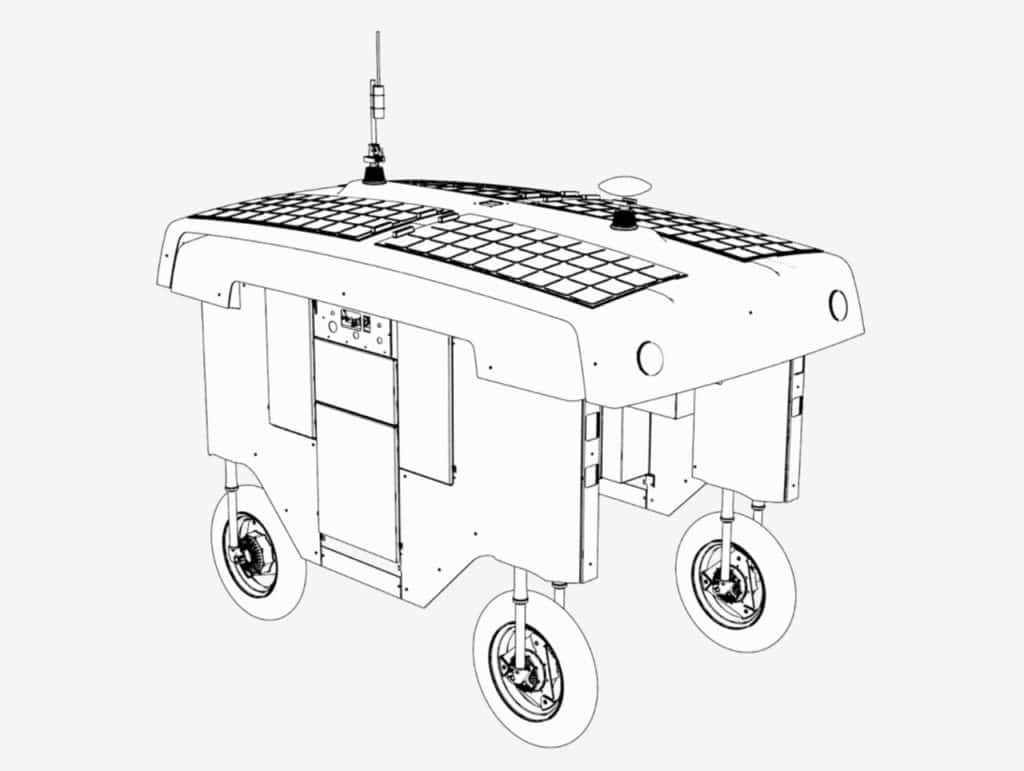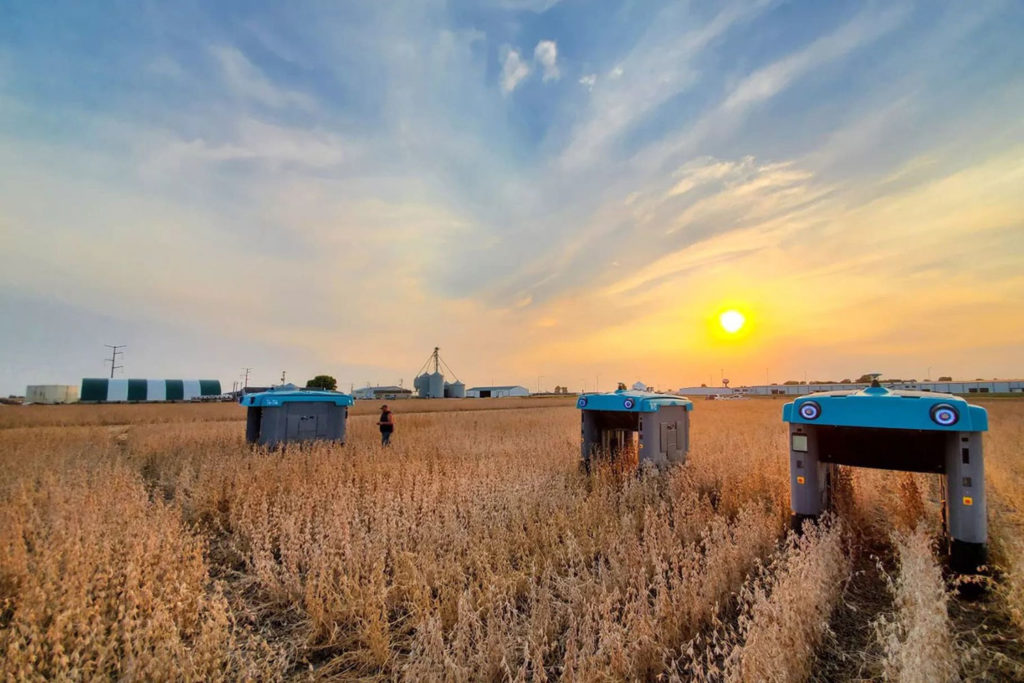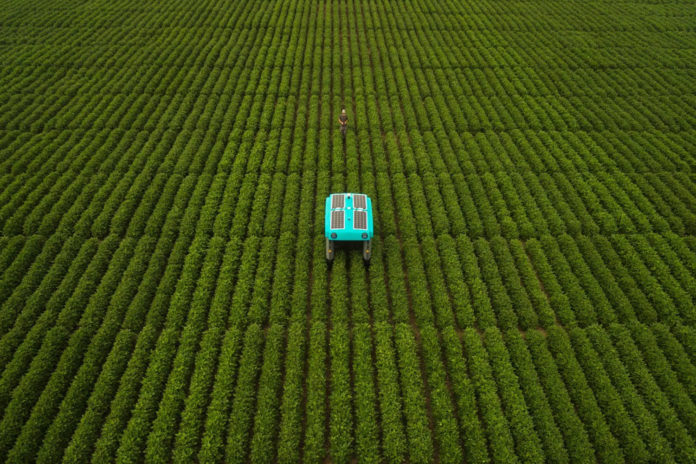One of the main promises of the technology is that it can help farmers troubleshoot individual plants. This way, if only a handful is in need of pesticide or other forms of care, farmers can save money and reduce their impact on the environment by spraying only the needed part.
Now, Alphabet’s X lab has presented its new “computational agriculture” project called “Mineral” whose purpose is to develop technologies and robots that can modernize and improve today’s agriculture. The moonshot project is focused on sustainable food production and large-scale agriculture, with an emphasis on “developing and testing a range of software and hardware prototypes based on breakthroughs in artificial intelligence, simulation, sensors, robotics, and more.”

To make agriculture more efficient, Mineral is, among other things, developing a robotic plant buggy that will be able to inspect fields. The low-emission electric-powered buggy is fitted with solar panels and comes in a variety of shapes and sizes so that it can adapt to fields with a range of different crops.
The vehicle will be equipped with cameras and other sensors, which will make it possible to collect detailed data about each plant in a field.
After the identification and examination of each plant, and thanks to soil and weather data, as well as the information received via satellite, this robot, equipped with Artificial Intelligence, can identify patterns of all kinds in the plants and the environment that surrounds them so that farmers can have more information about their crops.

With the help of the collected data, an AI should then be able to access what efforts are needed to maximize the harvest for the field as much as possible.
The Mineral points out on its website, “to feed the planet’s growing population, global agriculture will need to produce more food in the next 50 years than in the previous 10,000 – at a time when climate change is making our crops less productive.”
The main purpose of the Mineral team in developing such a tool is to provide farmers with plant-specific data. Thus, for example, instead of spraying all the plants in the field, the needed areas or individual plants can be sprayed. With the practice in which the sustainability of agriculture is at the forefront, both money will be saved, and the environmental impact can be reduced by preventing excessive use of chemicals.
Drawing attention to the sustainability of agricultural methods in order to feed the growing world population under the pressure of climate change, the team will seek solutions to these problems in the coming years.
